Conservative rabbis give their take on the question:
How should we as Jews approach immigration according to the Torah?
 Rabbi David Russo, Anshe Emet Synagogue in Chicago, Illinois:
Rabbi David Russo, Anshe Emet Synagogue in Chicago, Illinois:
“Time and again, the Torah repeats how we must treat the stranger: You shall not oppress a stranger, for you know the feelings of the stranger, having yourselves been strangers in the land of Egypt. (Exodus 23:9) When a stranger resides with you in your land, you shall not wrong him. The stranger who resides with you shall be to you as one of your citizens; you shall love him as yourself, for you were strangers in the land of Egypt. (Leviticus 19:33-34).
Our tradition is quite clear: We are called upon to protect the stranger, the refugee, the immigrant. There are specific instructions about citizenship rights and land ownership and guidelines for the treatment of widows and orphans.
We are consistently reminded of our obligation to take care of those around us, to raise our voices in the face of oppression and to treat everyone as we would want to be treated ourselves. Far from exempting us from this special responsibility, the Jewish people’s history of hardship is exactly the reason why we are called upon to show chesed, lovingkindness, to immigrants in our midst. As the Torah says, we know the heart of the stranger, because we were once strangers in the land of Egypt.
As my colleague, Rabbi Shai Held, puts it: ‘The Torah could have responded quite differently to the experience of oppression in Egypt. It could have said, since you were tyrannized and exploited and no one did anything to help you, you don’t owe anything to anyone; how dare anyone ask anything of you? But it chooses the opposite path: Since you were exploited and oppressed, you must never be among the exploiters and degraders. You must remember what it feels like to be a stranger. Empathy must animate and intensify your commitment to the dignity and wellbeing of the weak and vulnerable. And God holds you accountable to this obligation.’ (Rabbi Shai Held, Turning Memory into Empathy).”
 Rabbi Yossi Sapirman, Beth Torah Congregation in Toronto, Ontario, Canada:
Rabbi Yossi Sapirman, Beth Torah Congregation in Toronto, Ontario, Canada:
“The Torah of Moses is a story of immigration. From the earliest human movement as refugees from Eden to the final eulogy of Moses in which the Exodus is noted as the highpoint of his life’s work, biblical humanity tells of people unsettled, unarrived and tenuously connected to ‘home.’
One of the most stunning declarations of rights and obligations toward immigrants can be found in the Torah’s startling attitudes toward Egypt and Edom, especially in contrast to Ammon and Moab.
‘Do not disparage an Edomite for they are your brothers, and do not disparage an Egyptian for they provided a haven for you in their land.’ (Deuteronomy 23:8)
Despite the obvious dissonance in this narrative, we are obligated to forgo our resentment for the genocide and excruciating history of enslavement, albeit not to the nation of Egypt but to the individual before us, yes. Despite the forced slavery and exodus as refugees from Egypt, yes.
And Edom. While the nascent Israelites traversed the desert during 40 years of wanderings, a short journey to a promised land turned to limbo in a land not theirs, Edom, despite a request from their ‘brother’ Israel, refused passage on the Kings Highway closing off a safe travel route. (Numbers 20:17) Instead of permission to travel through, Edom threatened Israel with war. Yet still, ‘do not disparage an Edomite, they are your family.’
However, the Ammonites and Moabites refused to preemptively provide basic necessities of life to the Israelite immigrants in need in their territory, ‘them, you shall utterly ignore, do not concern yourselves with their status or welfare at all.’ (Deuteronomy 23:7) They lacked empathy for us as refugees, which is irredeemable.
Those national identities no longer exist, but the responses to immigrants are still easily discernable. Forget not our history, we must never lose our gratitude and empathy.”
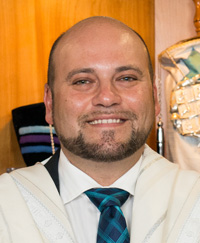 Rabbi David Baum, Congregation Shaarei Kodesh in Boca Raton, Florida:
Rabbi David Baum, Congregation Shaarei Kodesh in Boca Raton, Florida:
“Once again, the Jewish people completed the ritual of taking part in a Passover Seder, the most widely observed Jewish ritual according to population surveys. It is at the Seder when we repeat certain messages: We were slaves in Egypt; we were strangers in a strange land. In my opinion, the most profound statement in the Haggadah is the following: ‘In every generation, each person is obligated to see themselves as though they personally had gone out of Egypt.’ (Mishnah Pesachim 10:5) Through the foods we eat, and the stories we tell, we experience what it was like to be a stranger both on a personal and communal level.
The Five Books of Moses mentions the concern for the stranger 36 times and the Torah gives us a blueprint on how to treat the stranger. The laws set forth in the Torah were given in preparation for a people about to enter the land of Israel. We are prohibited from oppressing the stranger, we must have the same rules for strangers and citizens alike, and more. However, in my opinion, the Torah gives us a more important obligation by governing our attitudes and feelings toward the stranger wherever we go in the world. We are commanded to love the stranger (Deuteronomy 10:19), and even not to hate them (Deuteronomy 23:8), and the reason given is the following: For you were strangers in the land of Egypt.
Immigration policy is complicated. Our tradition believes in boundaries and separations, after all, how can there be strangers if there are not citizens? At the same time, I believe the Torah commands us to hold a certain feeling and mindset when making these decisions. As Jews, we are obligated to hold on to the truth that we too were strangers once. We too were shunned and debased throughout our history in many of the places we lived, and I believe we have a moral obligation to treat others, especially the stranger or in our case, the immigrant, as we would want to have been treated.”
Do you have a question you’d like us to ask several rabbis or other Jewish leaders? Click here to share it with us!
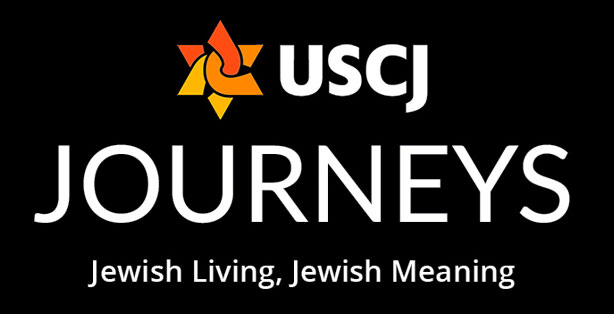
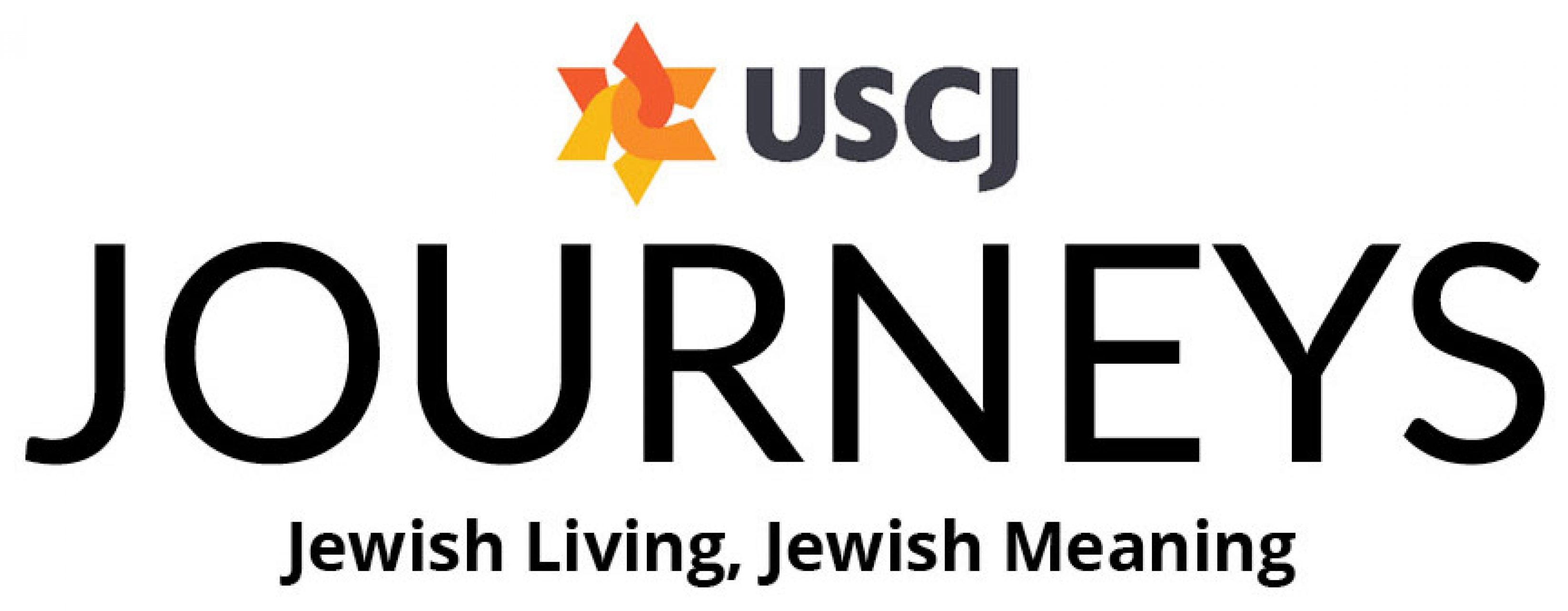
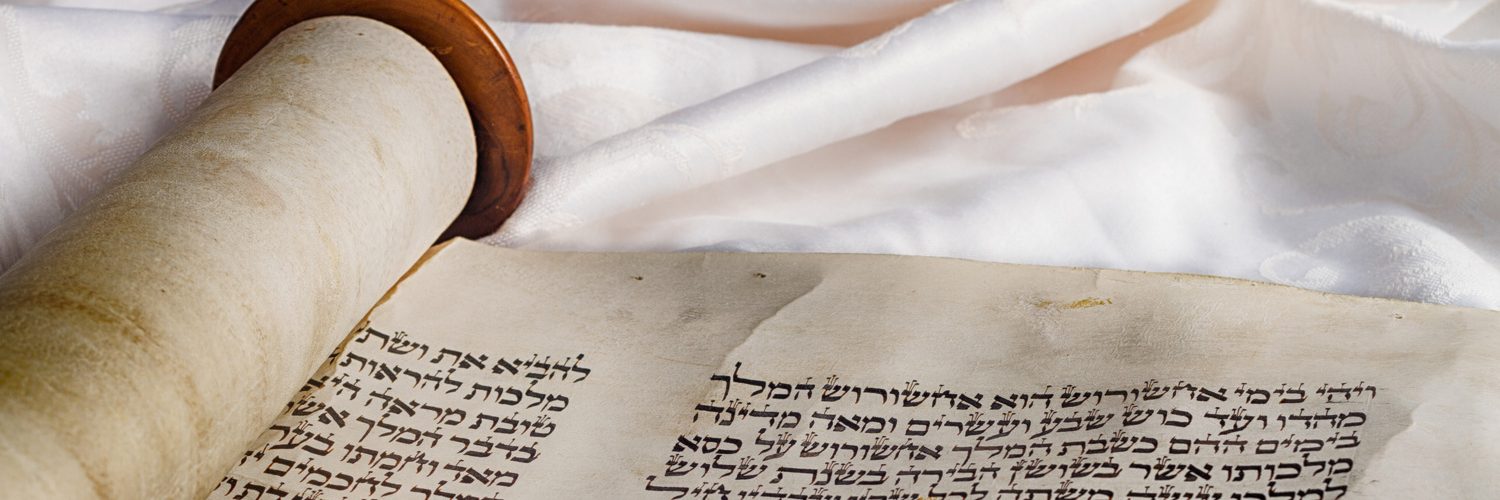

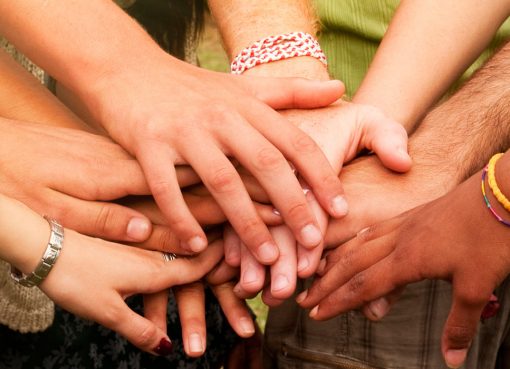
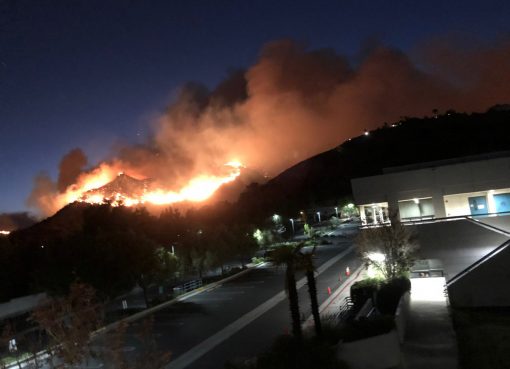


Yes, we must welcome the stranger, but there is a limit to hospitality.
Some people at America’s border are gang members and drug traffickers; some who are accompanied by children may have kidnapped those children and may be intending to traffick those children as sex workers or domestic servants. If Islamists see that it is easy to enter the U.S. illegally, they may infiltrate the ranks of the migrants and threaten our citizens.
Israel also faced a problem of unvetted strangers entering from Africa. There, the potential for entrance of evildoers was even greater than it is for the U.S. In addition, Israel, as the nation-state of the Jews, has an obligation to maintain a Jewish majority. MY feeling is that non-Jews entering Israel to escape persecution or seek better living conditions should be treated humanely, but helped to move on. The major challenge in Israel is getting the State Rabbinate to do its duty toward people who enter Israel, legally, under the Law of Return, but who are not halakhically Jewish. Those among them who would like to rejoin the Jewish people should be given an easy path to conversion and then assisted in learning how to live Jewish lives.